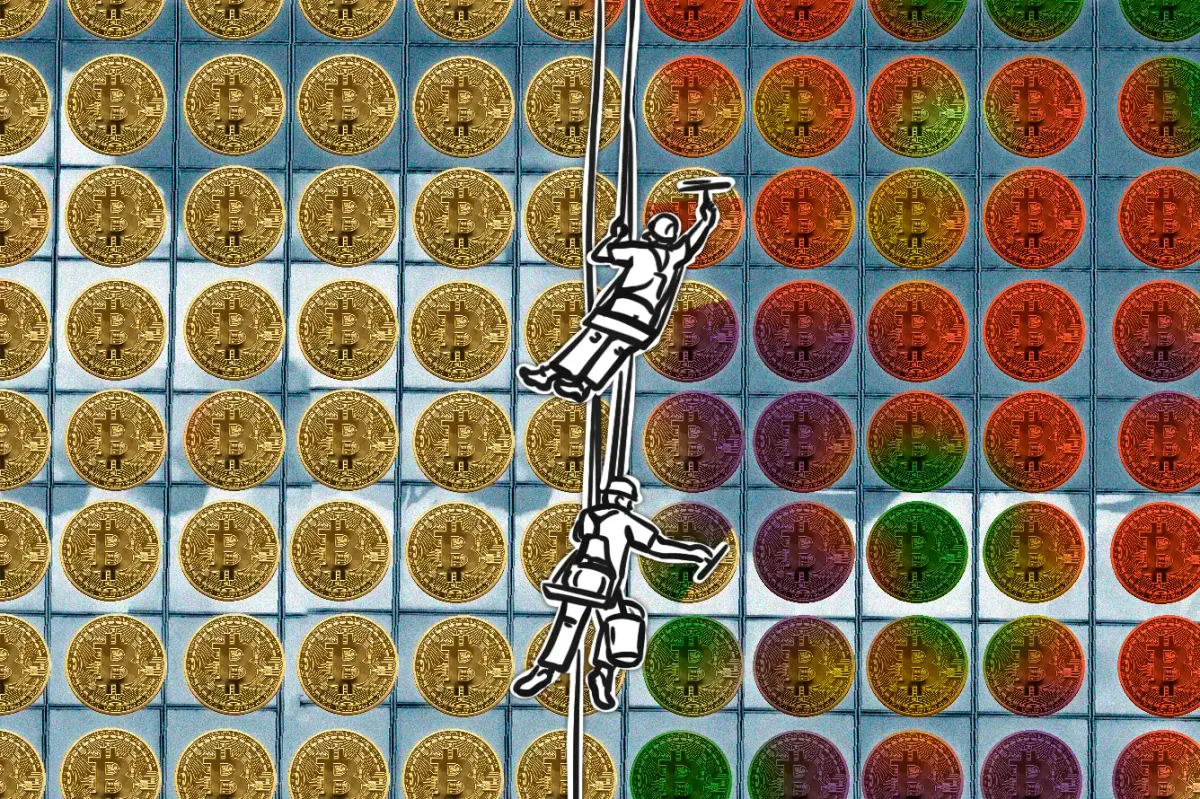
Bitcoin Ordinal Inscriptions have divided the BTC community. While some view them as an evolution of the Bitcoin blockchain, others criticize them for congesting and spamming the network.
Recently, Bitcoin Core developer Luke Dashjr stated that Ordinals are exploiting a vulnerability and are essentially a bug in Bitcoin’s code. He mentioned that this issue has been addressed in Bitcoin Knots version 25.1 and is expected to be fully resolved with the upcoming version 27 next year.
PSA: “Inscriptions” are exploiting a vulnerability in #Bitcoin Core to spam the blockchain. Bitcoin Core has, since 2013, allowed users to set a limit on the size of extra data in transactions they relay or mine (`-datacarriersize`). By obfuscating their data as program code,…
— Luke Dashjr (@LukeDashjr) December 6, 2023
Indeed, Ordinals have recently been causing significant congestion on the Bitcoin network. Mempool data indicates a record level of unconfirmed transactions, with over 270,000 currently pending confirmation at the time of writing.
However, not everyone in the Bitcoin community agrees with Dashjr's view. While Ordinals do cause significant congestion on the network, they also introduce new opportunities to the Bitcoin ecosystem, addressing areas where it previously lagged. This has led to a growing camp of proponents supporting Bitcoin Ordinals.
The biggest beneficiaries of Ordinals are Bitcoin miners. Data from Dune Analytics shows that cumulative fees spent on inscriptions have now topped $104 million, representing additional revenue for miners.
Source: dune.com
The release of Bitcoin Core V27, reportedly without Ordinals support, is poised to impact miners who use and update this software. It will be intriguing to see whether miners choose to adopt this new version or resist the update due to the absence of Ordinals. Such a decision could potentially lead to significant disagreements between miners and Bitcoin Core developers in the coming year.
Meanwhile, Ordinals have markedly reshaped the Bitcoin ecosystem. BTC holders, who previously envied Ethereum’s vast array of ERC-20 tokens, now have the opportunity to launch their own BRC-20 tokens on the Bitcoin blockchain. This development has led to the emergence of numerous new tokens and projects utilizing this standard.
According to CoinGecko, the market capitalization of BRC-20 tokens has already surpassed $1.2 billion, with the largest, ORDI, boasting a market cap of nearly $1 billion.
Despite the current enthusiasm, the strong opposition to Ordinals within the Bitcoin developer community suggests their future may not be as promising. Whether they will endure is uncertain, but what is clear is the likelihood of a significant battle over their existence in the near future.

